This October marks the 60th anniversary of the humble postcode, which has been shown to be more memorable than anniversaries thanks to a clever design created by psychologists. The postcode is a key component of Royal Mail’s Postcode Address File, or PAF®, but why was it created and how has it changed the way we live and work?
Rapid population growth in London, improved literacy, and the introduction of the penny post led to a surge in Victorian letter writing, resulting in a huge growth of mail volumes. The problem came when mail to different addresses with the same street names became indistinguishable.
Various solutions to London’s addressing problem were dismissed until postal district codes were suggested by noted postal reformer Sir Rowland Hill. His solution not only improved the sorting and delivery of mail for residents, but prompted the introduction of postal districts to other towns and cities. Refinement of mail sortation continued until after World War II, when further mail growth led to the suggestion of a nationwide postcode to allow mail to be sorted by machine.
Fast forward to July 1959, when Postmaster General Ernest Marples announced that Norwich would trial a six-character alphanumeric postcode to provide quicker routing of mail, like the one that’s still in use today. In the October following the trial the postcode was rolled out across the UK, and was completed in 1974.
Digital innovation during the 1980s meant that paper address directories were phased out and replaced by an address information database called the Postcode Address File (PAF®). PAF® is still important today and is the UK’s most accurate database containing address information for more than 30.5 million delivery points.
The postcode has remained largely unchanged since its introduction, and has revolutionised the way mail is processed and delivered. Organisations also use PAF® data in digital applications to enable ecommerce checkouts, identity verification, and satnav systems.
“The postcode has transformed the way companies do business. With origins dating back more than 150 years, it’s quite amazing how relevant the postcode still is today considering how much the digital world has advanced over recent years.”
– Steve Rooney, Director, Address Management Unit (AMU), Royal Mail
Who knows what will happen in the next 60 years, but for now, let’s celebrate the powerful postcode’s 60th anniversary!
Find out more about PAF® and our other addressing data sets by visiting poweredbypaf.com.
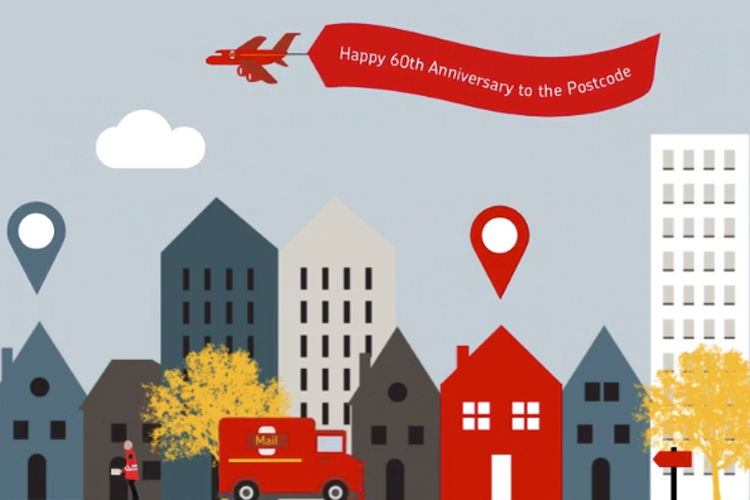

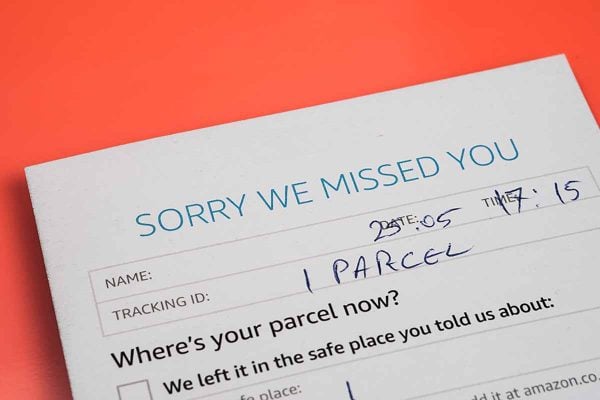
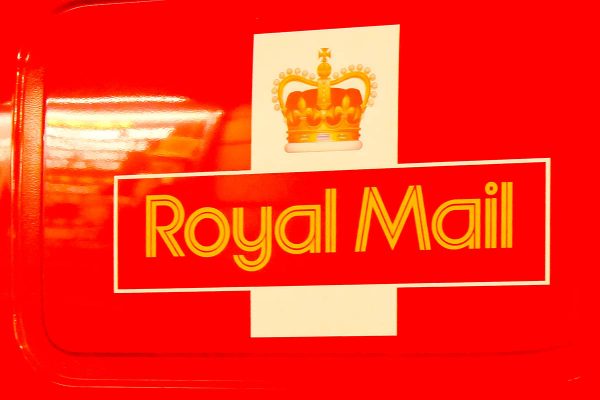

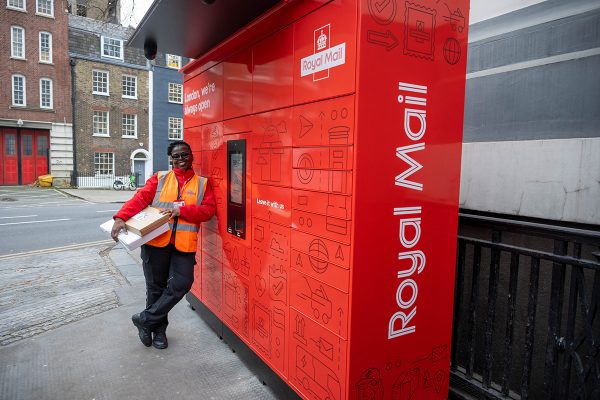


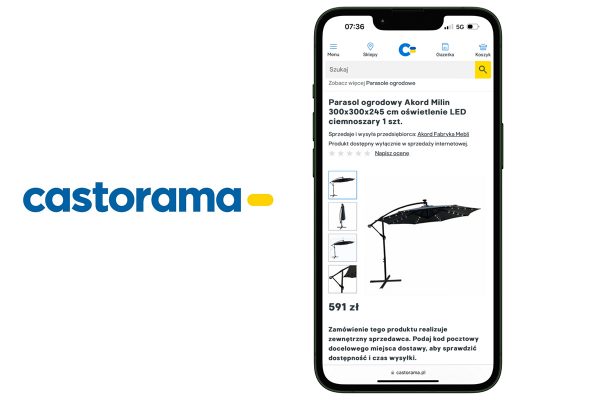

2 Responses
In the early 90’s I annoyed my local delivery office by addressing mail as:
Mailbox: XXX
Town name
Postcode
I was getting 30-50 letters a day from an advert I ran in a national newspaper. But the principal of only needing a house number and postcode worked and was cheaper on the cost of lineage adverts.
“Who knows what will happen in the next 60 years”
I recently read about: https://what3words.com
This could be the future
Tyler, could not agree more.
I think “what 3 words” has the power to transform global ecommerce. It is also damn good for calling in the rescue services, if you are somewhere remote.